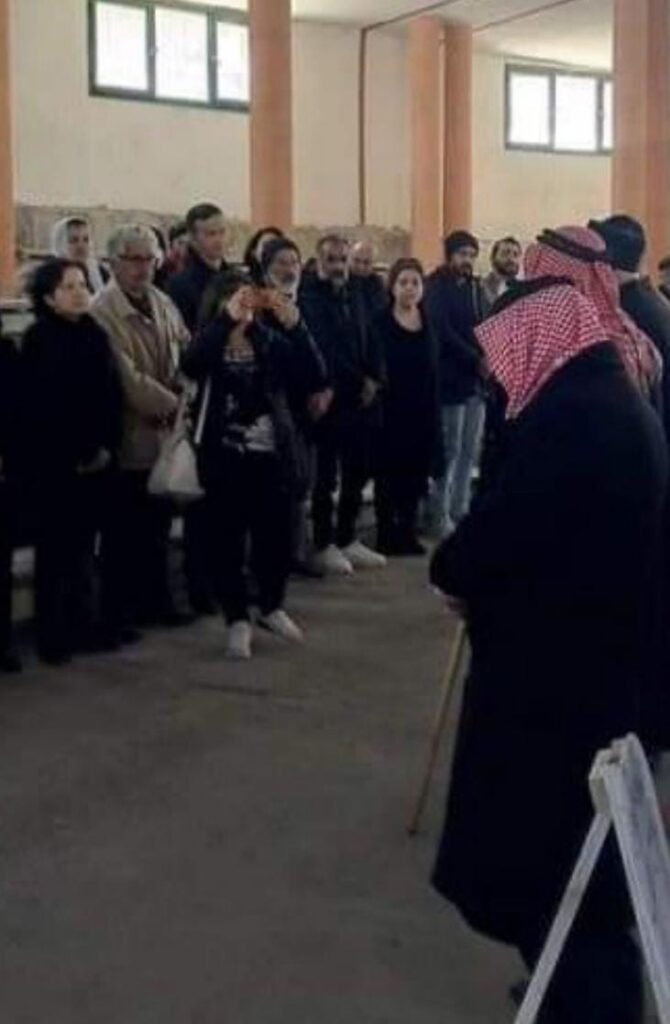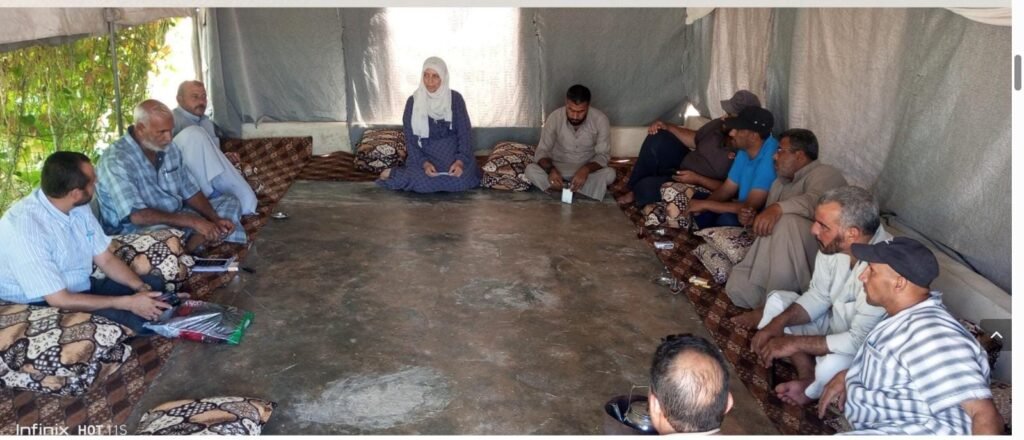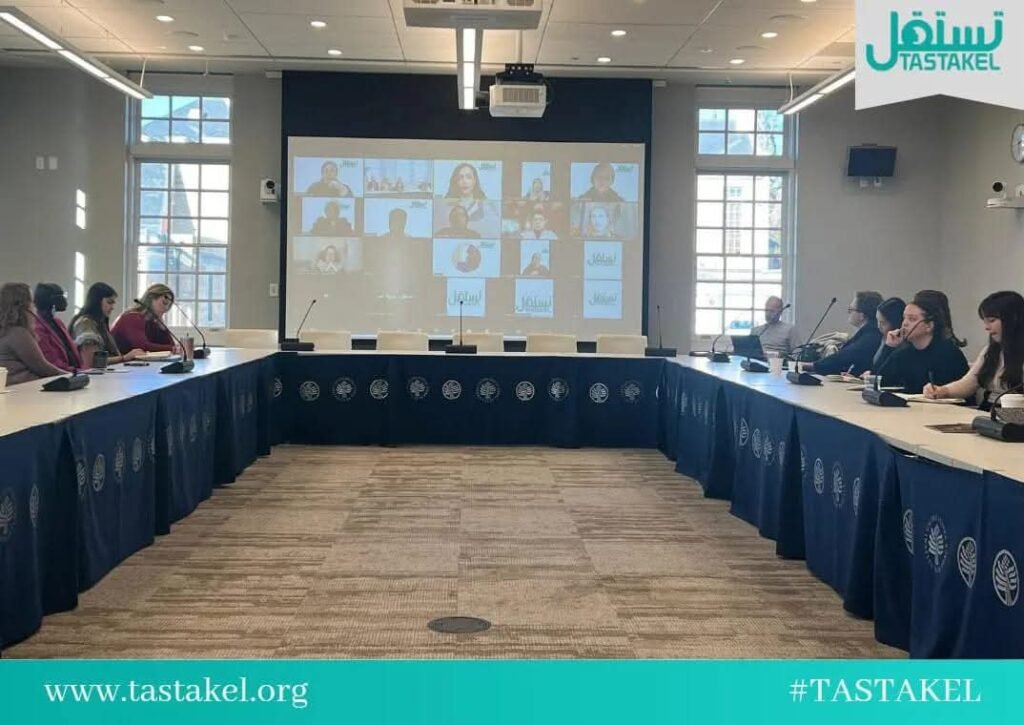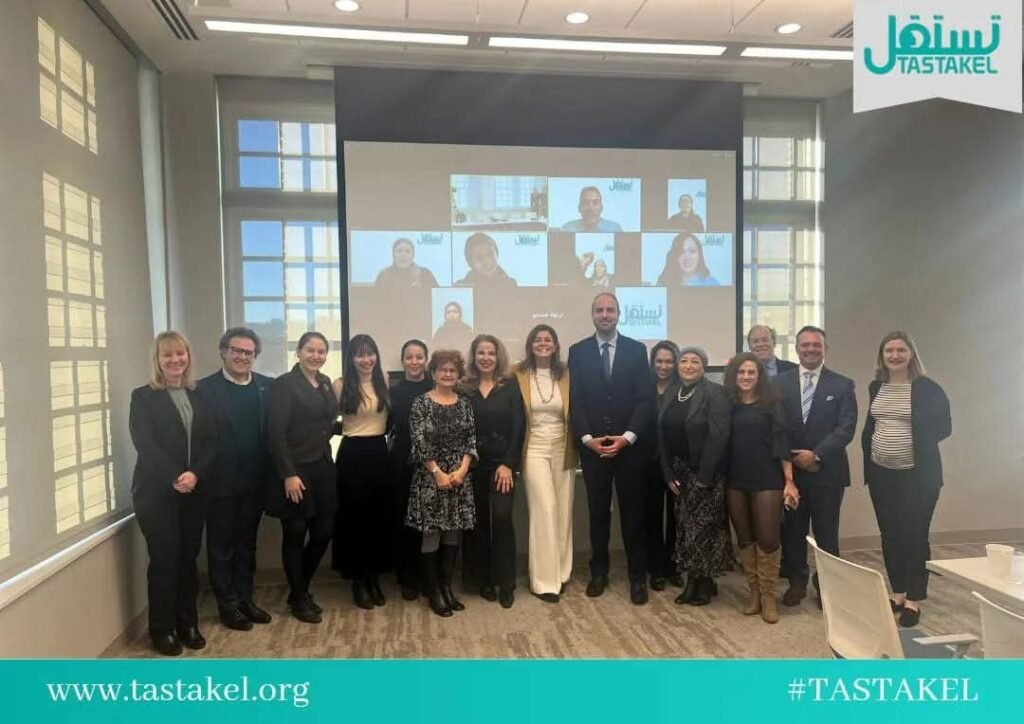Berghof Foundation in partnership with TASTAKEL
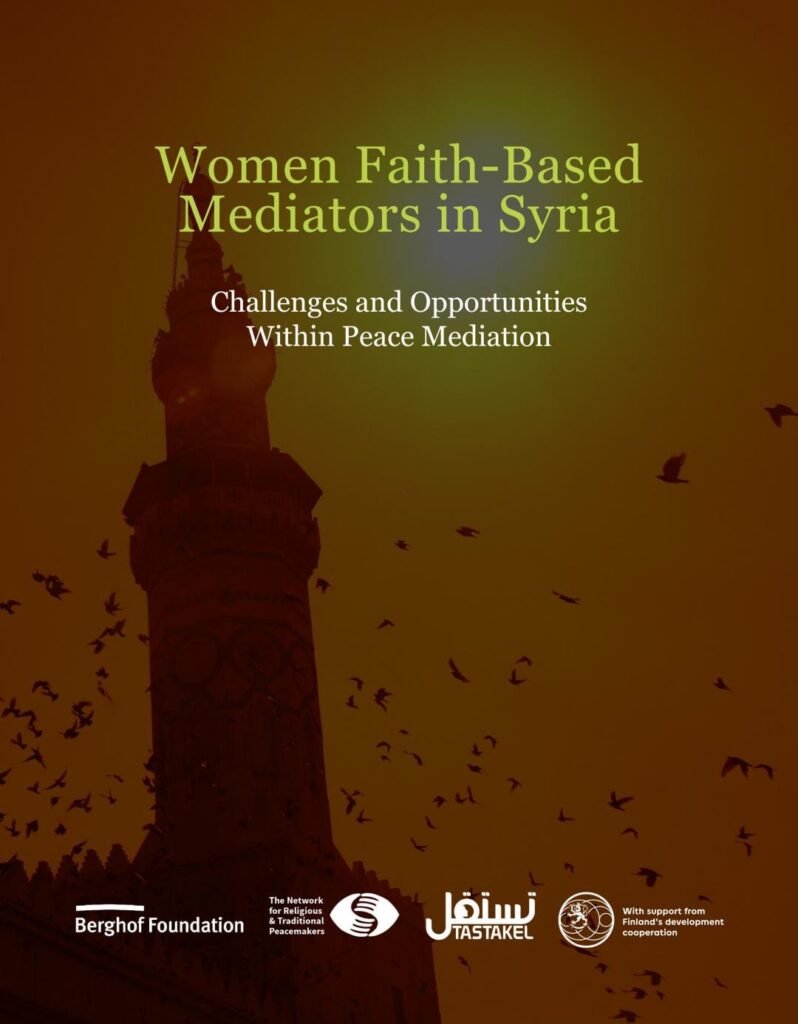
Project Summary:
A research study represented by the Network of Religious & Traditional Peace Makers and implemented by the Berghof Foundation in partnership with TASTAKEL. The aim of this study is to explore the challenges, risks, and needs for supporting women mediators and allies from religious backgrounds.
The study will include examples of projects or initiatives carried out by women mediators and allies from religious backgrounds. It covers the following areas:
- Recommendations for supporting institutions and mediators in the field of mediation,
- Identifying specific support needs,
- Highlighting the importance of the role of religious identity in facilitating the work of women mediators from diverse religious backgrounds,
- The specific challenges and opportunities faced by women in this field,
- The risks related to women’s participation in mediation work,
- Strategies to mitigate risks and enhance the effectiveness of women mediators and allies from religious backgrounds.
The research study relies on a qualitative research methodology – a type of scientific research that focuses on analyzing qualitative data, which is presented in textual form such as interviews, memos, conversations, and academic articles. This methodology is used to identify the moral and dynamic factors that influence the study subject and to reach an in-depth understanding of the topic.
Research Summary:
A research study represented by the Network of Religious & Traditional Peace Makers and implemented by the Berghof Foundation.
Interview Arrangements:
The study covers the following areas:
- Recommendations for supporting institutions and mediators in the field of mediation.
- Identifying support needs.
- Highlighting the importance of the role of religious identity in facilitating the work of women mediators from diverse religious backgrounds.
- The specific challenges and opportunities faced by women in this field, as well as the risks related to women’s participation in mediation work.
- Strategies to mitigate risks and enhance the effectiveness of women mediators and allies from religious backgrounds.
The research study relies on a qualitative research methodology – a type of scientific research that focuses on analyzing qualitative data, which is presented in textual form such as interviews, memos, conversations, and academic articles. This methodology is used to identify the moral and dynamic factors that influence the study subject and to reach an in-depth understanding of the topic.
- Interview duration: 60–90 minutes maximum.
- Interview language: Arabic.
- Interviews are not recorded.
- Participants have the right to request anonymity, and their identities will remain strictly confidential with no identifying details disclosed.
- The research team is committed to complete confidentiality for all participant information and will not share it with any party.
Research Paper Presentation:
TASTAKEL, in partnership with the Berghof Foundation and the Network of Religious & Traditional Peace Makers, presented the research paper on Women Mediators in Syria from a Faith-Based Perspective.
The research paper was presented for the first time on 11 January 2024 at the headquarters of the United States Institute of Peace (USIP) in Washington, in front of a broad audience of practitioners and academics in the field of peacebuilding and conflict resolution.
The session included rich and diverse discussions of the experiences of women mediators who initiated successful mediations in their local communities, despite the challenges they face, as well as future opportunities and ways to support them at both local and international levels.
The names nominated for the research by TASTAKEL reflected religious, ethnic, and geographic diversity across Syria.
Participants nominated by TASTAKEL:
Included religious, sectarian, and ethnic diversity.
Number: 17 names (15 women – 2 men)
- Noha Nablusi – Used religious mediation through her husband, who worked with Ahrar al-Sham.
- Salam Al-Ghadeer
- Ahmad Al-Hajji
- Naziha Huseinato
- Samar Al-Hussein
- Shahama Al-Hayek
- Arya Jumaa
- Hifa Haqi
- Khadija Shaqrouq
- Eman Ballan
- Alice Mufarrej
- Hind Kabawat
- Asma Keftaro
- Layla Malik
- His Eminence Bishop of Safita: Demetrios Charbek
- Nour Burhan
- Huda Sarjawi
